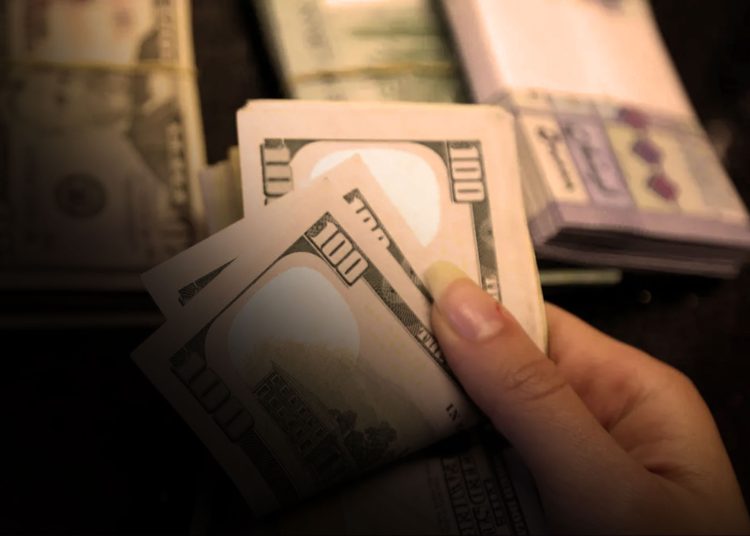Lebanon, like Egypt and Pakistan, abandoned a fixed exchange rate in January and devalued its currency by 90% on February 1, resulting in a historic decline in the value of its currency. The Lebanese lira has depreciated by 98% against the US dollar over the past three years, and the dollar has risen to 100,000 Lebanese pounds on the black market.
The Lebanese economy has been facing a significant crisis for the past few years, due to a combination of factors including political instability, high debt levels, and a large influx of refugees from neighboring Syria. To address the crisis, the Lebanese government has implemented a few measures, including freezing dollar deposit accounts in banks and attempting to negotiate a bailout with the International Monetary Fund (IMF). However, progress on these measures has been slow, and the economic situation in Lebanon remains highly uncertain.
Impact of Inflation and Financial Sector
In addition, inflation has reached triple digits, making the economic situation in Lebanon more delicate and fragile amid the government’s efforts to deal with the crisis, the popular uprising in 2019 that led to the overthrow of the government, and the chaotic situation caused by the pandemic. The financial sector has been forced to implement extraordinary measures in response to the inflationary environment and the shortage of foreign exchange reserves.
Measures Taken by Government
The government has decided to freeze dollar deposit accounts in banks to prevent a decline in foreign exchange reserves. The use of money-making machines has become widespread, even among small business owners. Citizens have resorted to carrying cash in bags. In February, the Minister of Economy announced that dollar transactions would be allowed in stores from March 1 in an attempt to ensure that goods were purchased at their true prices.

Continued Decline of the Local Currency
The value of the Lebanese lira continues to decline against the US dollar, reaching a peak. The government or the central bank has not yet commented on the historic decline in the value of the lira. The economic crisis, which began in October 2019, the resignation of the government, the explosion at the Beirut port, and the COVID-19 pandemic have all deeply affected the country’s economy.
Shift to US Dollar in Commerce
To prevent the erosion of foreign exchange reserves in the midst of a crisis that has lasted for approximately 3.5 years, dollar deposit accounts in banks have been frozen. In the country, the value of the local currency has continued to decline over the past three years, with the value of one US dollar trading at 1,500 Lebanese pounds in 2019, and the decline in the value of the local currency has increased in tandem with successive events. While one US dollar traded at 20,000 Lebanese pounds in January 2022, the decline in the value of the local currency continued to accelerate over the past year. On February 28, the Minister of Economy announced that from March 1, all price tags in stores throughout the country would show prices in US dollars rather than in Lebanese pounds, enabling citizens to purchase goods at their true prices.











